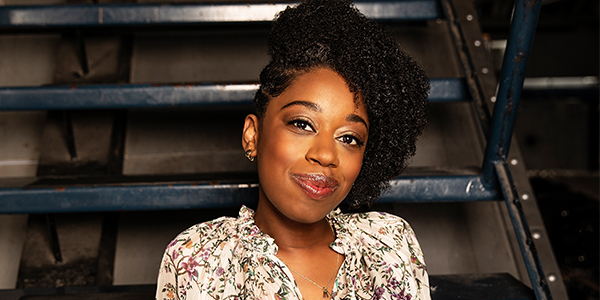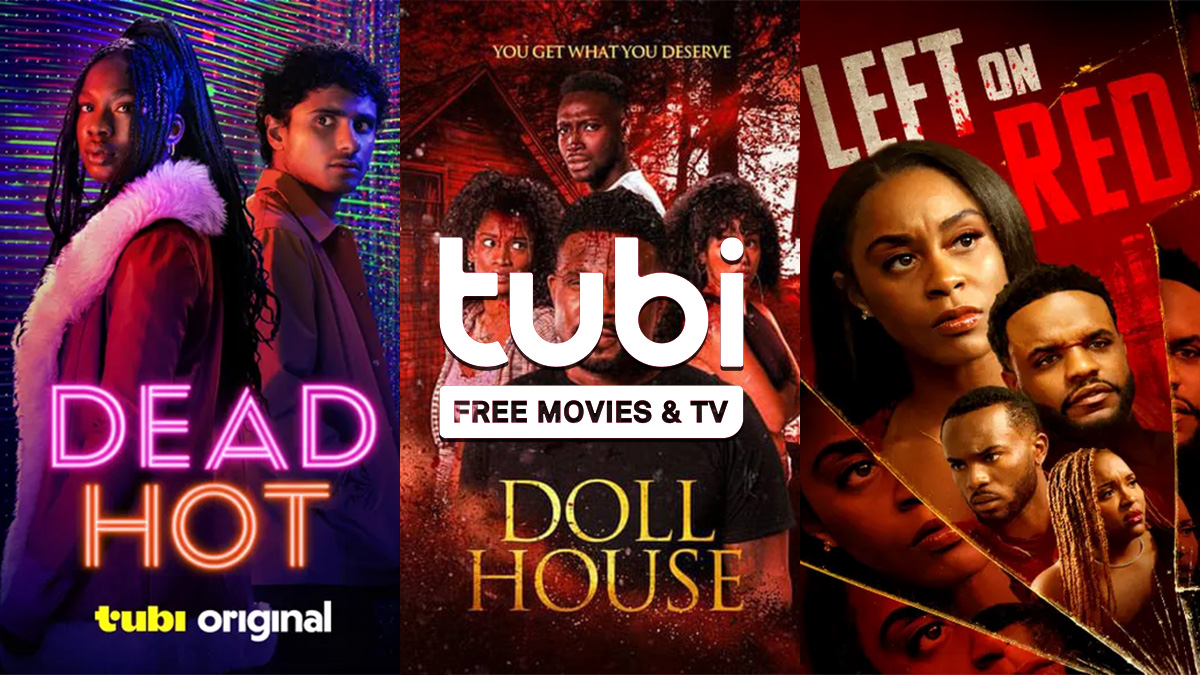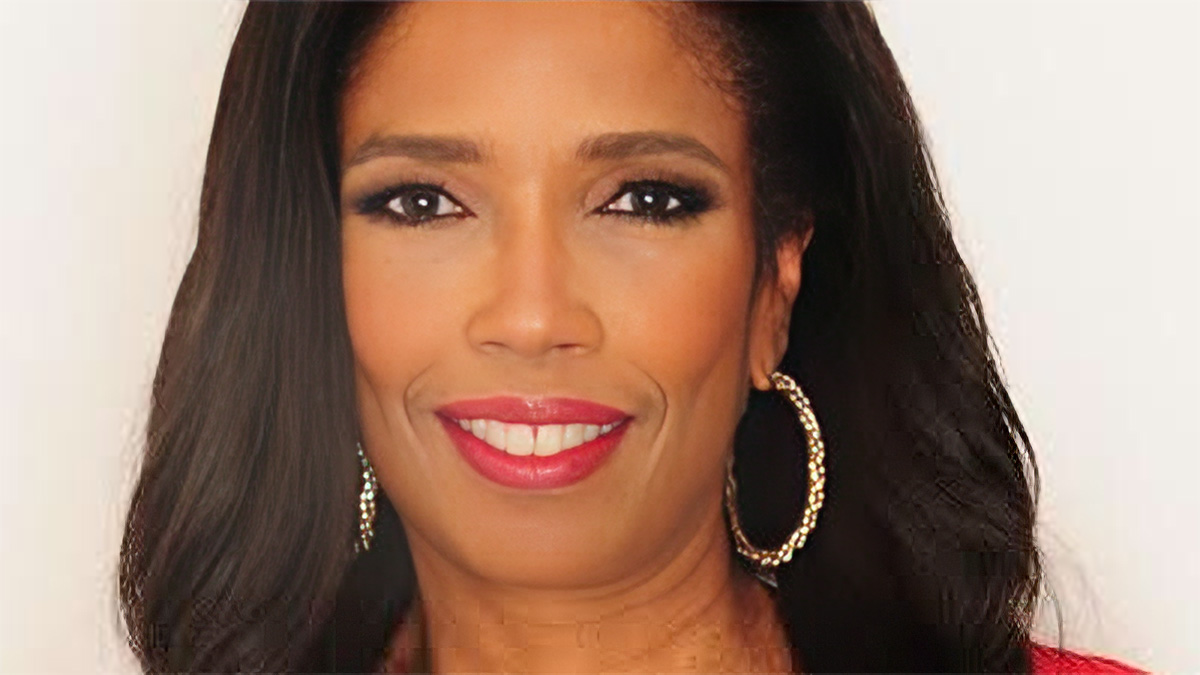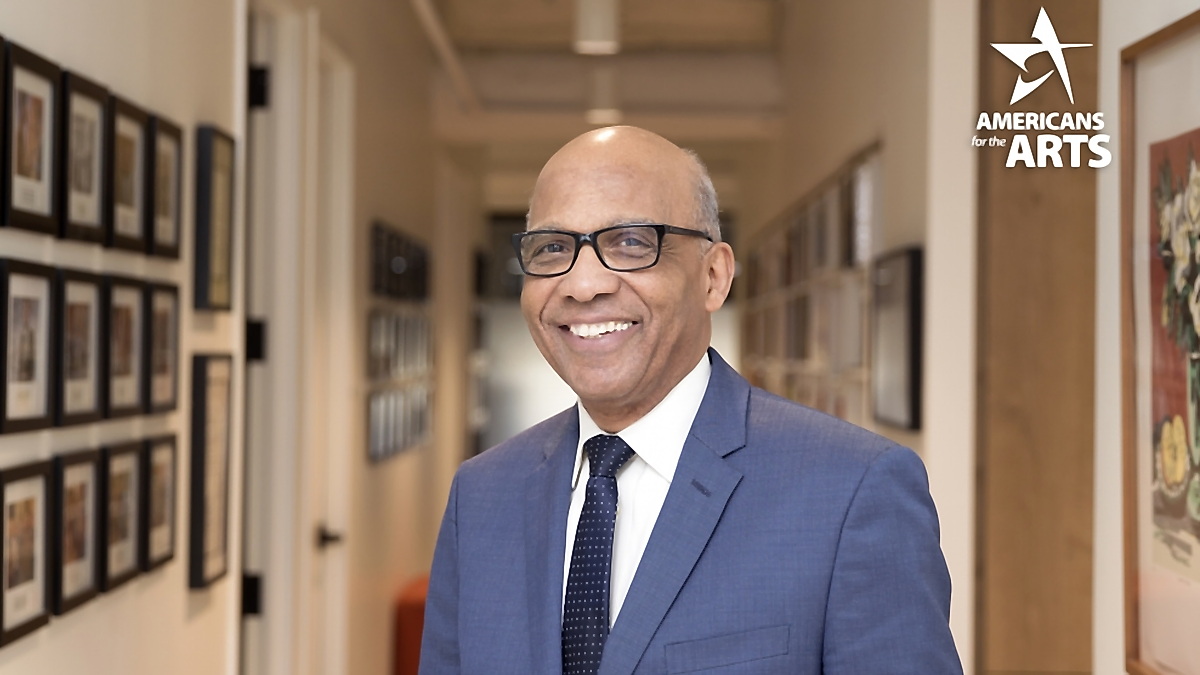
Hailing from the nation’s “Motor City,” Diona Reasonover talked with us about triumphing as an actress per her educational background and learning to root for herself through her newest role as on NCIS.
We’re sure that every college student wants to know how you managed to get a Bachelor’s and Master’s degree while working towards your dream career?
A lot of it was truly being blessed from God! I had a lot of people in my life that really believed in my ability, even quite frankly when I didn’t. My family, especially my parents always believed in the power of education and the doors it could open for you. So, they were very supportive of me going to get not only one degree but two! That’s not to say they paid for everything. I would be working three to four jobs at a time, just trying to piece together everything that I could.
You spoke of your parents believing in “the power of education.” Can you speak a little on what that means to you and do you believe all the time and money spent on education is worth? Why or why not?
Yea! That’s actually a really great question, because I think it’s important that we kind of really examine our relationships with higher education, especially with the costs rising as they are. I went ahead and got formal degrees. I don’t think, necessarily, that everyone has to do that, because that’s not everyone’s path. But, taking the time to dedicate yourself to whatever it is that you want to do and learn as much about it as you can. Whether that’s being hands on or getting a job and learning as you go, or if it’s reading about it at home, or formal classes. Any way you can just open up your world and making sure that you’re continuing to grow as a person in knowledge, that’s the power of education to me! It sounds silly to say, but the more you know, the better your opportunities. But, I really do believe that. But my parents, I think “the power of education” for them was honestly keeping me out of trouble, occupied. They were like “Ok! You’re going to be in school. You sit down and read these books. Don’t be running in them streets!”
What doors, in particular, were opened for you?
I think I had the thing that happens to a lot of people that we don’t talk about, which is I figured out what I really didn’t want to do. I went to school thinking, “I’ll figure out what I want to do. It probably won’t be acting, because I need something more stable than that.” And I tried a whole bunch of other things, but I just kept coming back to acting. But even the type of acting that I wanted to do changed. I had thought that what I wanted to do was Shakespearean all the time and I got in one Shakespeare play and I was like, “Wow! My characters have to kill themselves on scene every day!” It was depressing! It was great, but I was like I want to do something different. The door opened for me was the door of joy!
You write scripts and you have writing credits for the Emmy-nominated I Love You, America. I Love You Dick. First off, in what ways is writing scripts differ from acting?
For me, I write similarly to how I act. I’m really just trying to get into the characters’ bodies. Why are they doing what they doing? How can I make sure I’m illuminating the humanity of this character? No matter who this character is or a short, 2-line thing, I want the audience to look and say, “Oh, that’s me! I know that person!” And, I’m doing that with writing and acting.
It’s not everyday someone get nominated for an Emmy. Can you describe the feeling of being an Emmy-nominated writer?
Well here’s the great thing about it, it’s a rush! It feels validating. It feels amazing. Technically, I haven’t been nominated for an Emmy. But I found that out after I felt that rush, that validation that hit me. I was like, “Oh, my gosh! I got nominated for an Emmy! I can’t believe it!” I had to talk to my agent, who was like, “The show and producers got nominated, but you didn’t.” It depends on the category. You have to specifically be in the writing category. So, no I’m technically not Emmy nominated. I’m Emmy adjacent! I’m in the neighborhood!
Right now, you have a recurring role on NCIS. Congratulations! It seems interesting, because you have a lot of history with comedic roles, but this role is definitely pulling from that dramatic side. How is that for you?
Yeah! It’s cool. It’s actually using different parts of my background together. Like I said, I thought I wanted to do Shakespeare and heavy, heavy stuff, so that’s kind of what my training is in. I started doing comedy just to lighten my mood a little bit. Now it’s like I’m using the past in the present. I like it! It’s fun!
What has been your most memorable episode filming and why?
I think my most memorable one has been the one that is going to air September 23. We find a dead body that was in a hot, hot tub for like weeks and it is so, so nasty. And even though I knew it was fake, that day I was on set the props they had were so nasty. I could not eat lunch. I didn’t want to eat dinner. I was like I’m good for the day. That was pretty memorable!
What have you learned in his role?
I’ve learned how to be kinder to myself. When you’re doing 24 episodes and you’re doing these really quick turnarounds for each episode, you don’t have time to sit there and be like, “Oh, I could have done this better or I wonder if they liked it? Everyone is just kind of assuming that you’re just going to come in and do your best and move on. That’s really what you have to do, so I learned to stop putting so much pressure on myself to be perfect.
How has growing up in Detroit, a city influenced heavily by art, influenced your craft?
I look at scripts like they’re music. I can’t sing and I can’t play a single instrument, but really and truly Detroit is a city that runs on music. You can rhythm in the street. That is one of the ways that I look at scripts. If I can’t hear the music of it, it’s not the script for me.
If you could give anything back to your city, that maybe you’ve learned on this journey to success, what would it be?
I would tell Detroit the thing that I’ve learned from this role, which is to be kind to yourself. Detroit is really like the American Dream. Detroit is one of the few places that you can go and you can get a job, buy a house that’s affordable, and then raise a family, but people really look down on Detroit. No matter what anyone says Detroit is still there! Detroit is still a major city. People say, “Oh, it’s coming back!” But, it never left. So, if Detroit could take those words to heart: be kind to yourself, I think that’ll be really good for the city.
Well, thank you for talking with us at Urban! Before we go though, is there anything new we can be expecting from you soon?
I think you’re going to get to watch Casey in the field for the first time. She is not very comfortable with being out of the lab, and I think it is very funny to see her outside of that
By Sciler Williams












